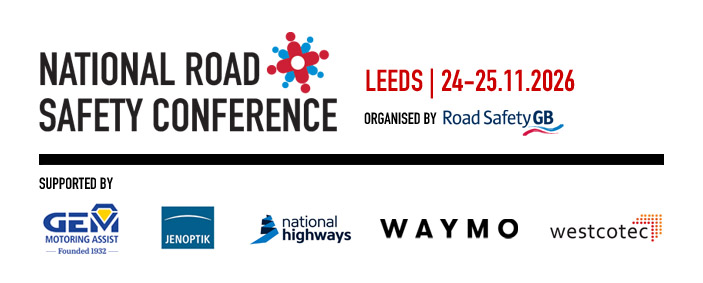Professor Alan Tapp, Professor of Marketing, University of the West of England
 Professor Alan Tapp has more than 100 publications and has led or been involved in projects funded to well over £1m.
Professor Alan Tapp has more than 100 publications and has led or been involved in projects funded to well over £1m.
He was director of The Bristol Social Marketing Centre from 2007-2013 during which its funding partners included the DfT, COI, the Department of Health, HM Treasury, Sport England and a variety of regional and local authorities and NHS trusts. Alan’s main research interests are in how social and critical marketing can help change embedded cultures and social norms.
Professor Tapp is currently project lead for research projects on community models of end of life care with Public Health England, and on young drivers and behaviour change, funded by The Road Safety Trust and The DfT (the subject of this presentation).
Presentation: The impact of centre line removal
In 2018 researchers from the University of the West of England undertook a two step research project which asked the question: What is the impact of Centre Line Removal (CLR) or non-re-instatement on 20mph and 30mph speed limit roads as a contributor to cycle safety? An initial Evidence Review found little robust evidence. What was found tended to confirm the view that low speed limit areas of 20 and 30 mph where CLR has occurred may well reduce average speeds driven by approximately 2 mph. [However these studies had relatively weak scientific designs].
The second section of the project comprised an on-line survey distributed to road safety practitioners across Great Britain. Most of the respondents had little direct experience of CLR. This may be due to loss of institutional memory as CLR may have had a higher profile in the 1990s and early 2000s. Where CLR had been implemented in a local highway authority and evaluated the evidence was positive, including reports of reductions in collisions across all modes. Overall there has been a lack of monitoring and evaluation, and a need for more work in this promising area.
